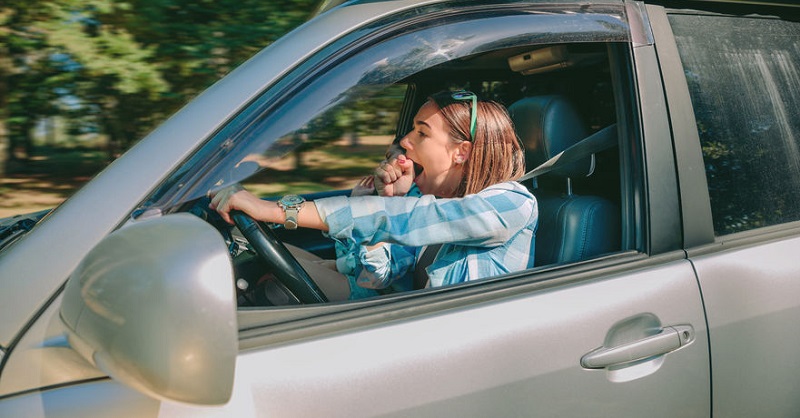Drowsy driving, or driver fatigue, was the cause of more than 72,000 car accidents in 2015 that resulted in more than 41,000 injuries and over 800 deaths.
How Automotive Technology Offers New Ways to Protect Drivers and Prevent Auto Accidents
Drowsy driving affects nearly 50 percent of drivers between the hours of 9:00 p.m. and 6:00 a.m. Drivers ages 18-29 experience the phenomenon more than any other age group. Several governmental agencies are working together to better understand drowsy driving; automakers are developing various warning systems to prevent drowsy driving accidents in the future.
Drowsy Driving Is More Common Than You Believe
In 2005, the National Sleep Foundation did a poll titled, “Sleep in America,” and at that time, 60 percent of the adult drivers polled, about 168 million people, said within that past year, they drove their car while sleepy. More frightening, 37 percent of those polled said they had actually fallen asleep while driving.
The National Highway Traffic Safety Administrations (NHTSA), released a 2015 report that estimated drowsy driving, or driver fatigue, was the cause of more than 72,000 car accidents that resulted in more than 41,000 injuries and over 800 deaths. Signs that you have driver fatigue include droopy eyelids, head bobbing, and constant yawning. Immediate actions, such as safely pulling off the road or stopping at an establishment are vital as you need time, if not a quick nap, before getting back on the road. Currently, leading automakers are developing car technology to create a warning system meant to alert drowsy drivers before an accident occurs.
Steering Wheels and Iris Scanners Can Detect Drowsy Driving
Research and Development magazine featured an article on a Portugal-based company that has developed something called CardioWheel. Developed by CardioWheel Technologies, the warning system utilizes ECG technology, the same thing used in the medical profession to test for electrical activity in the heart. The CardioWheel is a custom-made steering wheel cover that has special conductive elements encased in it. When the driver’s hands are on the steering wheel, it detects impulses generated by the heart. Since your heart rate slows down when you sleep, an alarm will sound if the CardioWheel detects a slower heart rate, which could be a sign you are getting sleepy.
According to a recent news report, Audi, Mercedes-Benz, and Volvo are now offering drowsiness detection. In those cars, a series of monitors detect a vehicle’s movement, such as lane deviation and steering wheel angle. If the sensors suspect unusual movements, it will sound an alarm to rouse the driver. The German company Bosch is also developing a camera-based monitoring system that detects head and eye movement, among other things. If it detects drowsiness in the driver, the car itself will take over by either coming to an emergency stop or pulling over to the side of the road.
Advancing technology continues to provide new safety features for drivers in all manner of instances. If you ever feel yourself nodding off or getting sleepy while driving, stop somewhere at once. You may lose a little time, but drowsy driving is not worth losing your life over.

